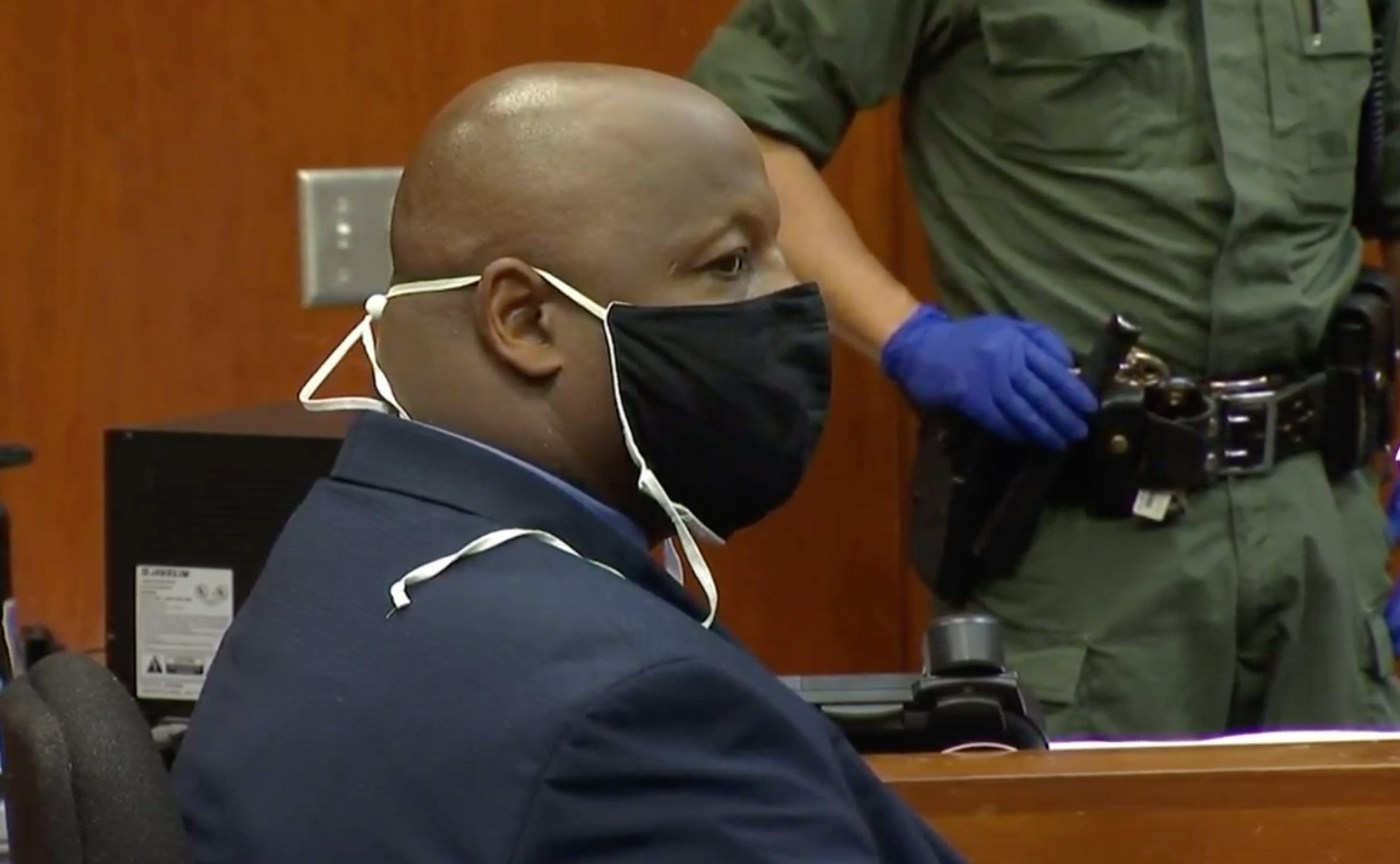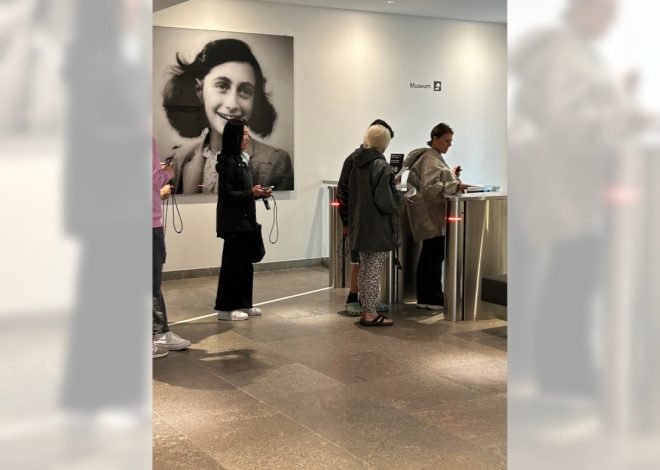
Appellate court overturns rape conviction of ex-49ers star Dana Stubblefield
SAN JOSE — An appellate court has overturned the 2020 rape conviction of ex-San Francisco 49ers star Dana Stubblefield, ruling that the prosecution violated the Racial Justice Act by stating at trial that his status as a famous Black man was why police never searched his house for a gun he was accused of using during the crime.
In an opinion published Thursday, the San Jose-based Sixth District Court of Appeal declared that Stubblefield’s conviction is “legally invalid” and also vacated his subsequent 15-year prison sentence.
Stubblefield, who played for the 49ers from 1993 to 2001 — and was NFL Defensive Player of the Year in 1997 — has been in state prison since 2021 while his appeal was litigated. The now 54-year-old was convicted of raping, with the threat of a gun, a woman who had come to his Morgan Hill home to interview for a babysitting job in 2015.
“We’re over the moon,” Allen Sawyer, who served as Stubblefield’s trial attorney, along with Ken Rosenfeld, said in an interview Thursday. “We knew from the day we stepped out of this courtroom when the jury came back, that this was not over, that this would not stand.”
As a result of the higher court’s ruling, the Santa Clara County District Attorney’s Office now has to decide whether to re-file charges and prosecute the case again. There is no clear timeline on when that might happen.
The DA’s office declined to offer specific comment on the ruling, saying in a statement, “We are studying the opinion.”
The Racial Justice Act of 2020, authored by state Assemblyman Ash Kalra, D-San Jose, went into effect in 2021 and makes it illegal to obtain a conviction “on the basis of race, ethnicity, or national origin.” The law allows legal challenges to charges, convictions and sentences influenced by systemic bias.
Thursday’s appellate ruling marked the first major case reversal in Santa Clara County citing the law. In nearby Contra Costa County, the act has been cited in at least three rulings that overturned serious charges, including murder convictions.
A three-judge panel led by Presiding Justice Mary Greenwood, who authored the ruling, found major problems with Deputy District Attorney Tim McInerney’s explanation to jurors for why Morgan Hill police did not search Stubblefield’s home for a gun he was accused of using to threaten the woman during the reported 2015 sexual assault.
Greenwood referenced how McInerney, in his closing arguments in July 2020, said a police search of Stubblefield’s home in the early stages of the investigation “would have opened up ‘a storm of controversy,’” which the justice took as an implicit reference to civil unrest across the country over the police killing of George Floyd in Minneapolis in May 2020.
That assertion, Greenwood wrote, “implied the house might have been searched and a gun found had Stubblefield not been Black, and that Stubblefield gained an undeserved advantage at trial because he was a Black man.”
“Whether a search would have uncovered a gun or confirmed the absence of one, the argument meant Stubblefield’s race might well have impacted the state of the evidence, shifting the weight of it either against him or in his favor,” Greenwood later wrote. “Using race in that fashion invited the listener to consider the fact that Stubblefield was a Black man in weighing the evidence.”
That characterization, the ruling stated, could have unfairly encouraged someone, including a juror, to “feel justified or even compelled by misguided notions of racial fairness to overlook or discount the absence of a gun” when determining Stubblefield’s guilt.
Greenwood added that the prosecution’s statement gave a clear nod to the outrage over Floyd’s killing, “appealing to racially biased perceptions of those events and associating Stubblefield with them based on his race.”
The reported victim, identified in court as Jane Doe, testified that after she and Stubblefield finished an initial interview and she left his house, he texted her, saying he would like to pay her for having come up from Hollister. Doe had said that when she returned, he gave her $80, then locked the front door and carried her into a first-floor bedroom and assaulted her.
Related Articles
San Jose police arrest human trafficking suspect, rescue two women from residential brothel
Martinez homes raided over alleged death threat against middle schooler
Antioch man who ran foster home and molested kids sentenced to 23 years
San Francisco gang rivalry believed to be behind two still-unsolved Oakland killings
Man charged after East Bay police seize guns, 55 lbs of pot at illicit drug business
Rosenfeld and Sawyer challenged Doe’s honesty during her testimony, disputed the prosecution’s timeline and argued that the reason she returned to the home was to collect money for a paid sexual encounter.
They noted after the conviction how jurors rejected two felony charges alleging that Stubblefield exploited a woman who was mentally incapable of providing consent to sex. During trial, they also sought to show that Doe’s proficiency with websites and social-media contradicted the prosecution’s claims of her intellectual disability.
Sawyer said the appellate ruling gives credence to the defense team’s frustrations with being prevented by Judge Arthur Bocanegra to introduce evidence that would have exonerated Stubblefield at trial, rather than three years into a sentence at Corcoran State Prison.
They also took issue with COVID-19 courtroom measures at trial that presented their client as masked and separated from his attorneys by glass, which Sawyer said gave the appearance of Stubblefield being “caged” in front of the jury.
“The context of this case was so unfair, layers upon layers,” Sawyer said Thursday. “But we’re happy, and we can’t wait to get Dana out of custody. We expect that to happen soon.”


